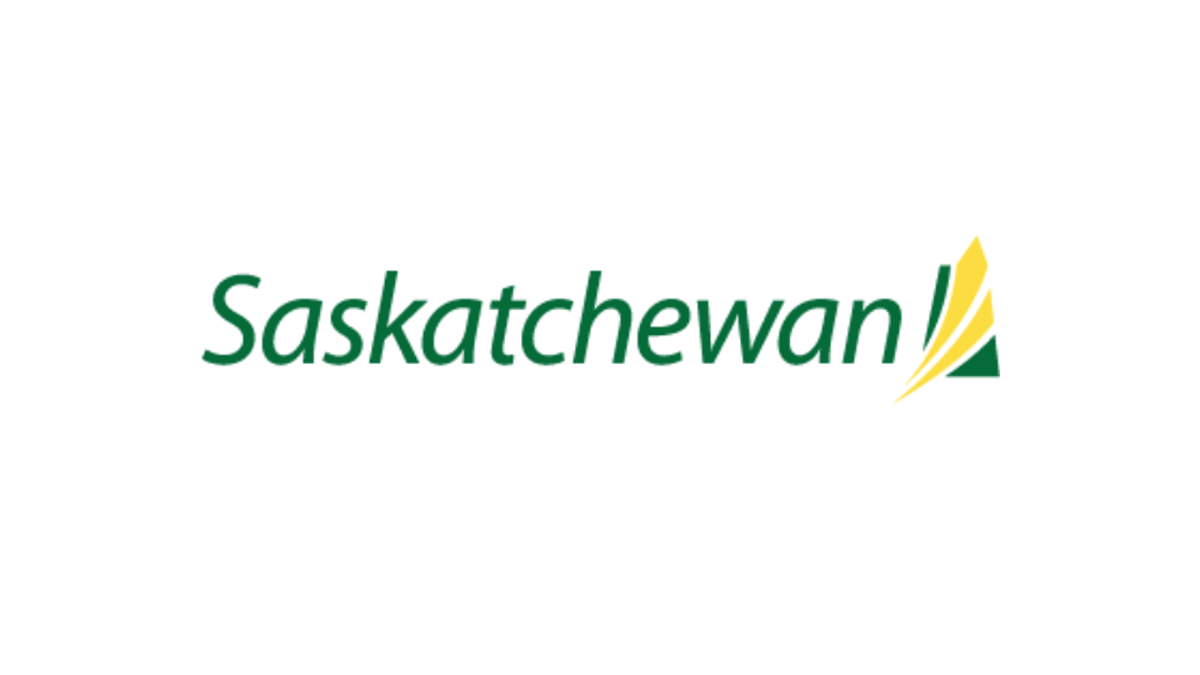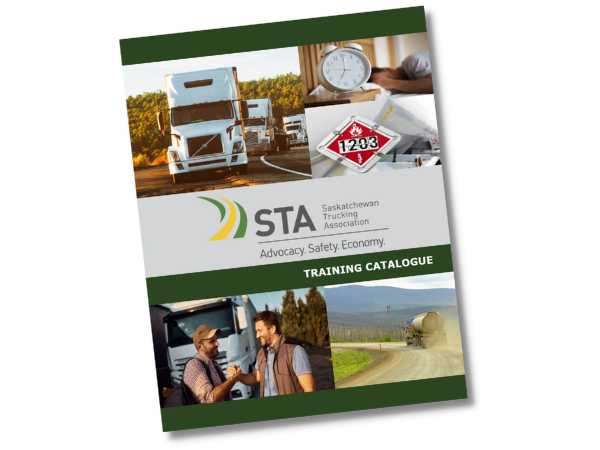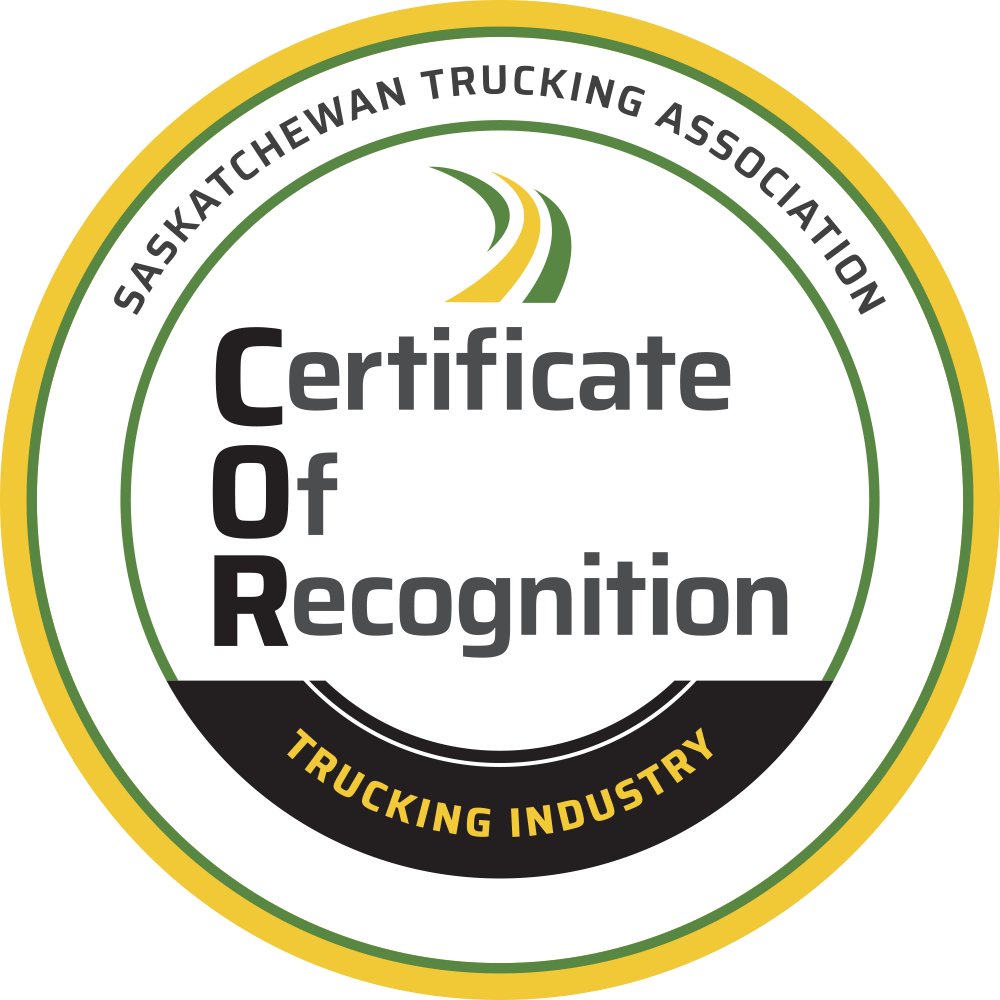
Federal Government Agrees To 42 Per Cent Increase In SINP Nominations And Reduce Duplication In Immigration Assessments
Mar 15, 2023
Last Friday, Immigration and Career Training Minister Jeremy Harrison, attended the Forum of Ministers Responsible for Immigration (FMRI). While in Halifax at FMRI, Minister Harrison met with federal Minister of Immigration, Refugees and Citizenship Canada (IRCC), Sean Fraser and other Ministers Responsible for Immigration from around the country.

The federal government has agreed to reduce federal duplication in the processing of Saskatchewan Immigrant Nominee Program (SINP) nominations. IRCC has agreed to amend federal regulations and the Canada-Saskatchewan Immigration Agreement to give Saskatchewan the sole authority over assessing a candidate's ability to economically establish and their intent to reside within Saskatchewan. In addition, IRCC has agreed to increase the annual allocation of provincial nominees for 2023, as well as announcing increased notional allocations for 2024 and 2025. These decisions are positive steps toward further provincial autonomy over immigration.
"I am pleased to see that our proposal for a significant increase in our SINP allocation has been accepted by the Government of Canada," Harrison said. "I am also encouraged by the positive commitments toward reducing federal processing times for SINP nominees and reducing administrative duplication. Saskatchewan is seeing record-high population growth numbers and immigration to the province has played a significant role in that. We are well on our way to our goal of 1.4 million residents by 2030. We also had positive discussions on the future direction of federal settlement funding. It has been our position that these funds would be best deployed by the province."
"Saskatchewan has been a leader in immigration within Canada through its recent international health care recruitment missions, its welcoming and support of chartered flights for displaced Ukrainians, and the introduction of the most comprehensive foreign credential recognition legislation in the country."
These changes do not fully address the Government of Saskatchewan's request for more autonomy over immigration, as proposed in the Saskatchewan Immigration Accord. As such, the province will continue to advocate and negotiate with the federal government for more authority over immigration.
In July 2022, the Government of Saskatchewan proposed the Saskatchewan Immigration Accord, which will provide Saskatchewan more autonomy over immigration. The proposed agreement was modelled on the current agreement between the Government of Canada and Government of Quebec and will allow Saskatchewan to set its own immigration levels, select skilled immigrants aligned with labour market needs, re-establish a family class immigration stream and give the province control over the design and delivery of settlement and integration services.
"Saskatchewan needs more workers to fill job vacancies in all sectors of the economy," Greater Saskatoon Chamber of Commerce CEO Jason Aebig said. "Federal immigration programs and settlement services are not meeting the needs of Saskatchewan's labour market. We are calling on the federal government to speed up the negotiation process of the Saskatchewan Immigration Accord, enabling Saskatchewan the freedom to dictate immigration levels and deliver services that best support newcomer retention and integration."
In 2022, Saskatchewan fully used its federal allocation under the Saskatchewan Immigrant Nominee Program. For 2023, Saskatchewan requested and received the largest allocation in the SINPs history - 7,250 nominations. This increase will result in approximately 18,000 newcomers to the province this year including nominees, their spouses and dependents. The provinces notional allocation for 2024 is 8,000 nominees, and 8,500 in 2025, resulting in a total increase of 42 per cent from the allocation in 2022.
Immigration plays a vital role in supporting Saskatchewan's growing economy and labour demands. The province currently has more than 15,600 job vacancies posted on SaskJobs and National Job Bank. A total of 135,800 job openings are forecasted in Saskatchewan over the next five years.
-30-
For more information, contact:
Jamie Richards
Immigration and Career Training
Regina
Phone: 306-510-4016
Email: Jamie.Richards2@gov.sk.ca
STA Training
We have a downloadable Training Catalogue!
Don't wait - sign up for one of our courses today and take the first step towards becoming a safer, more knowledgeable driver!
Categories | Immigration
Tags | Government, Saskatchewan
Related Links
-
Federal Government Agrees To 42 Per Cent Increase In SINP Nominations And Reduce Duplication In Immigration Assessments
Article from the Saskatchewan Government




